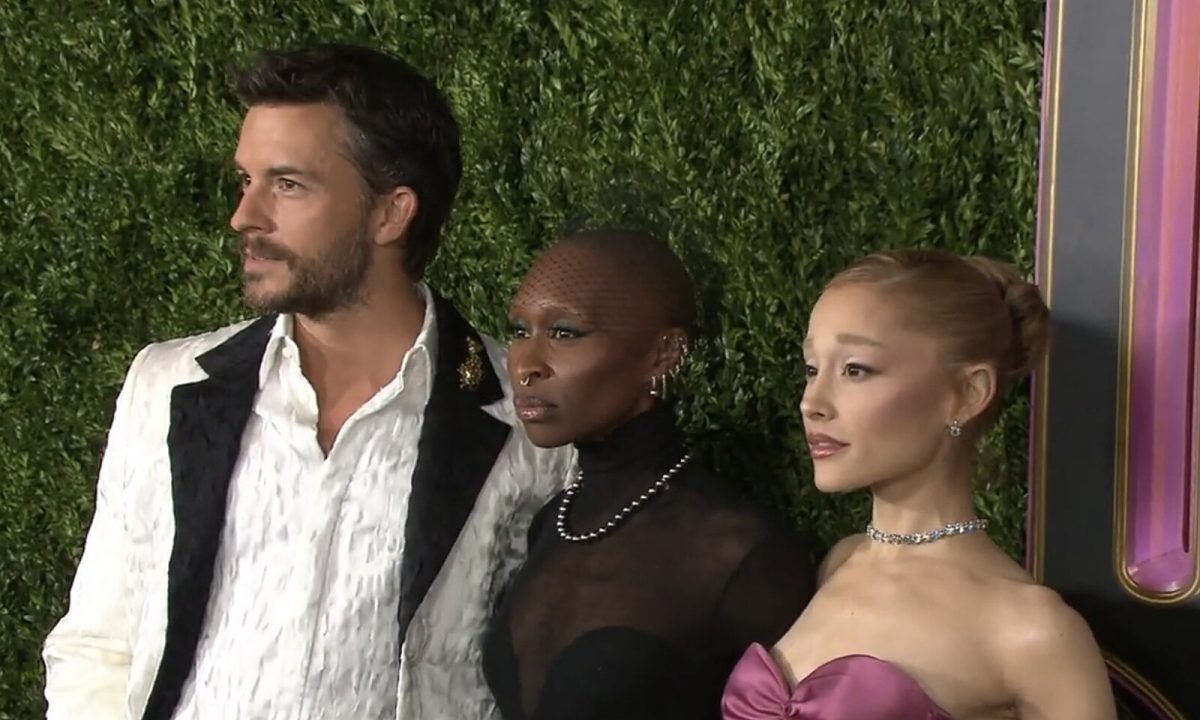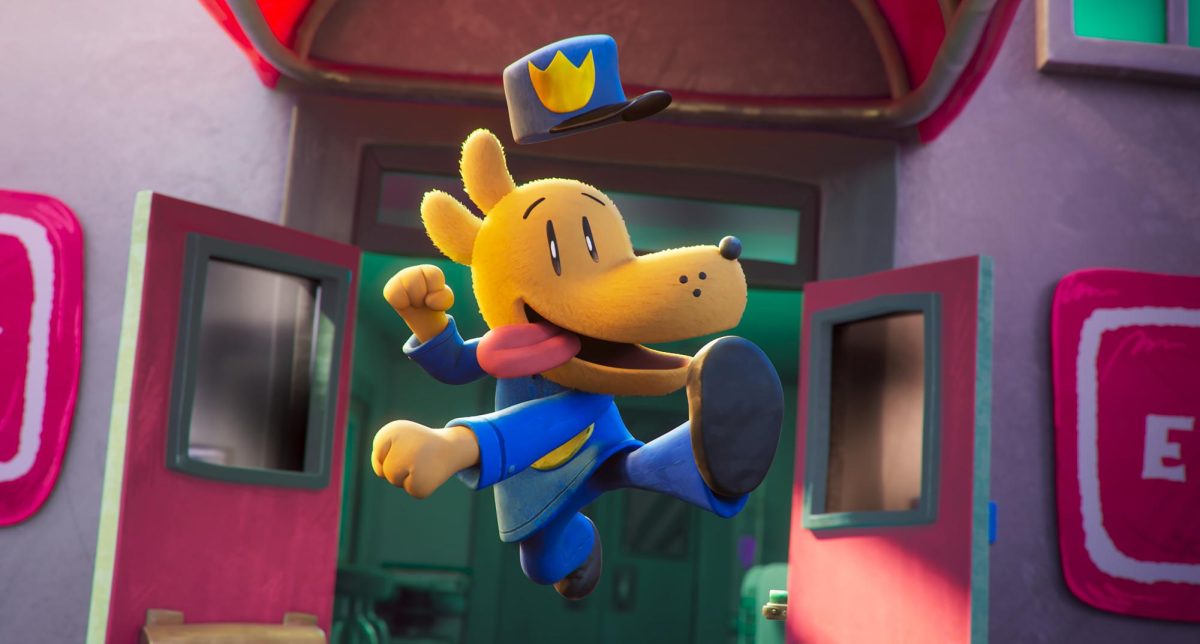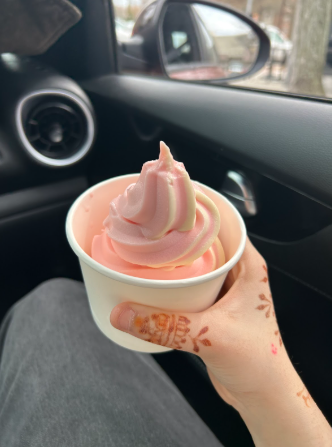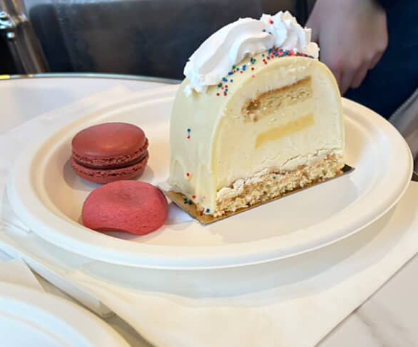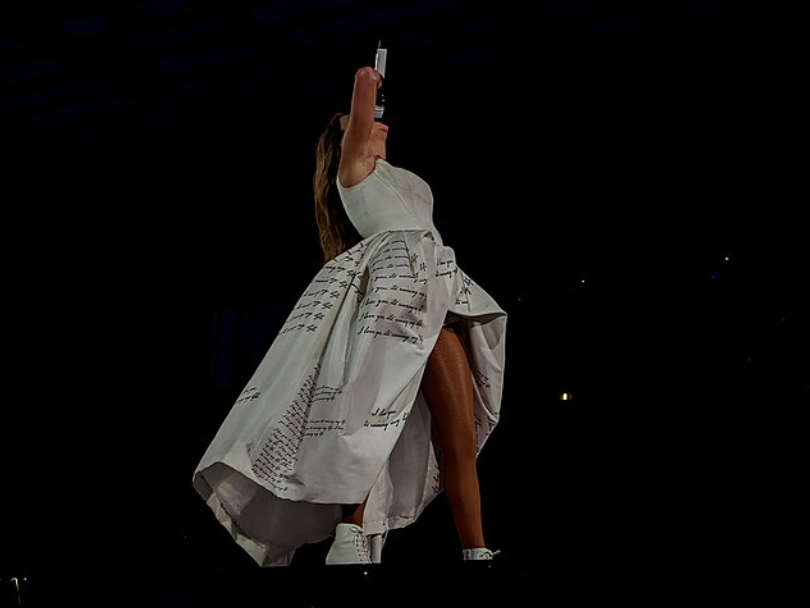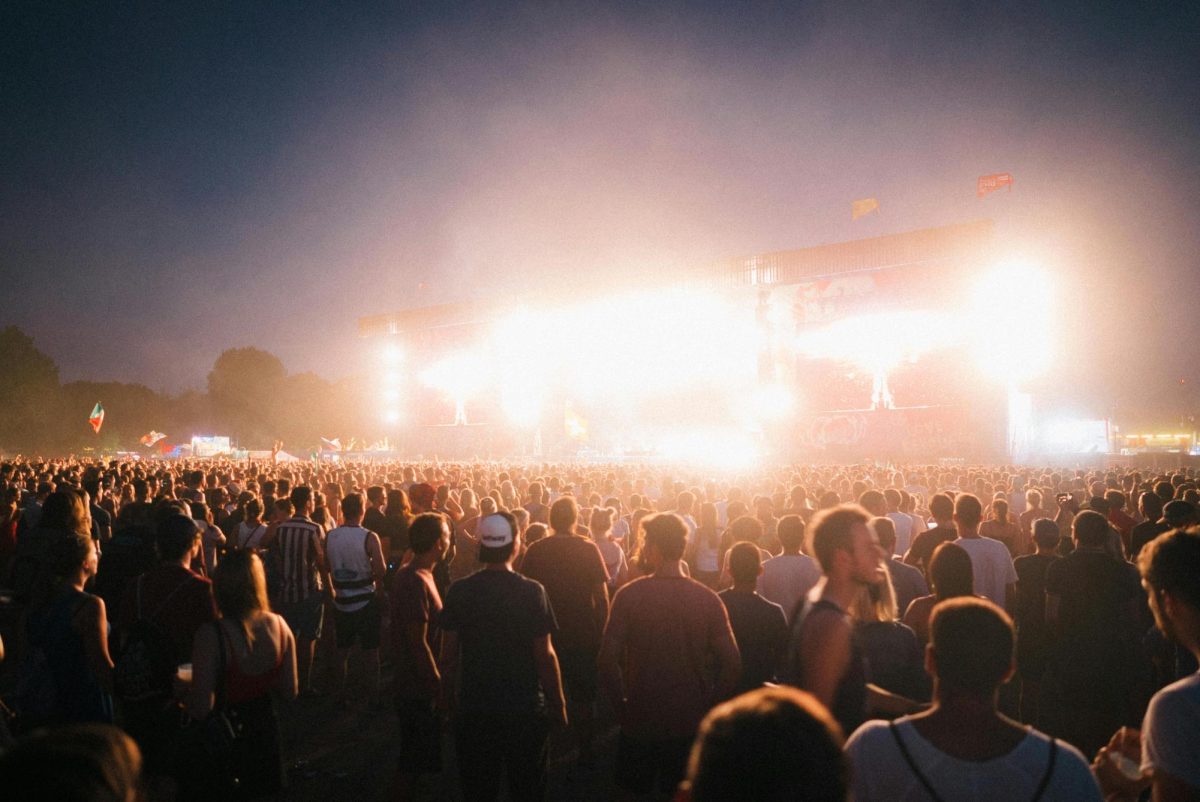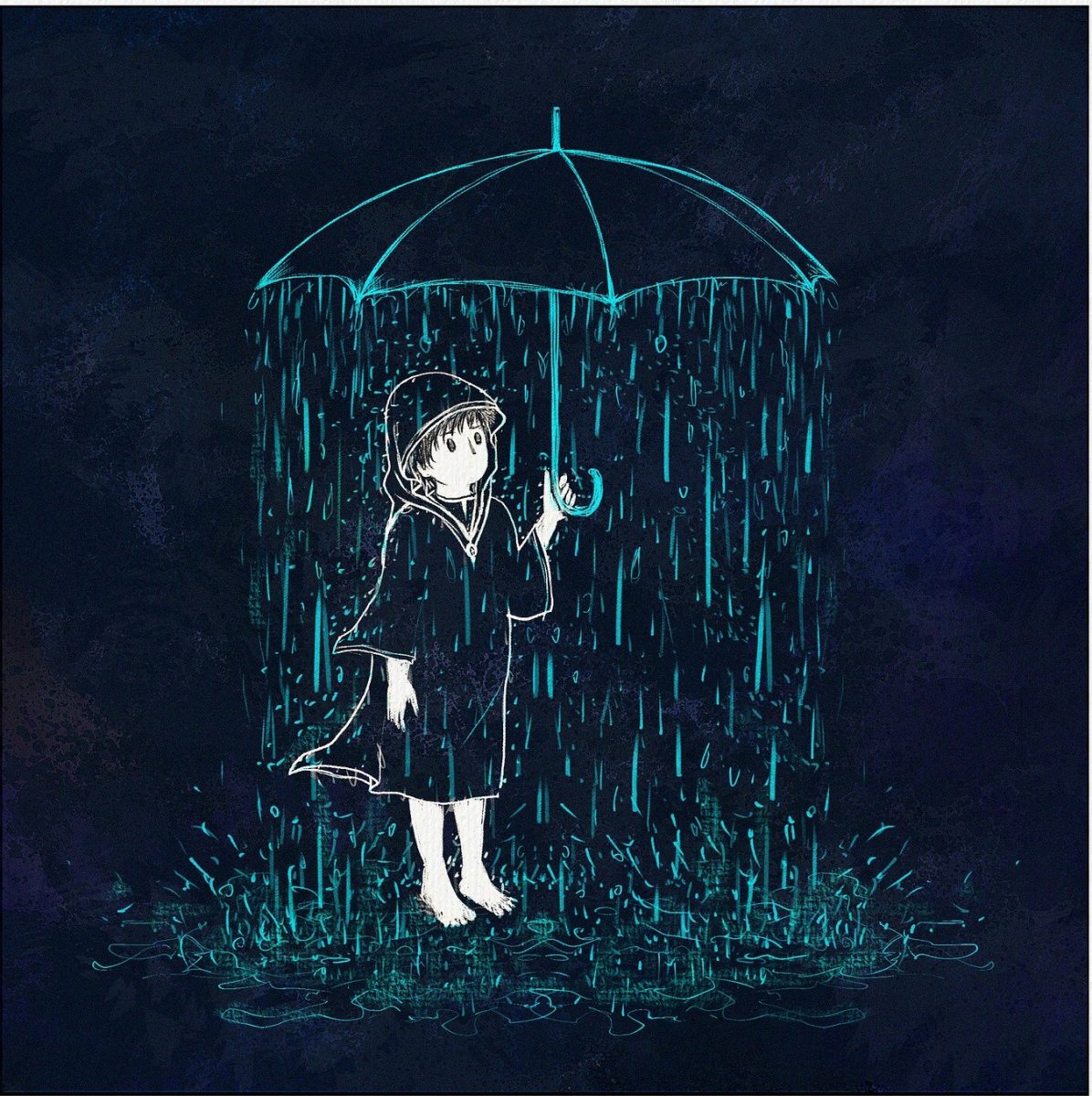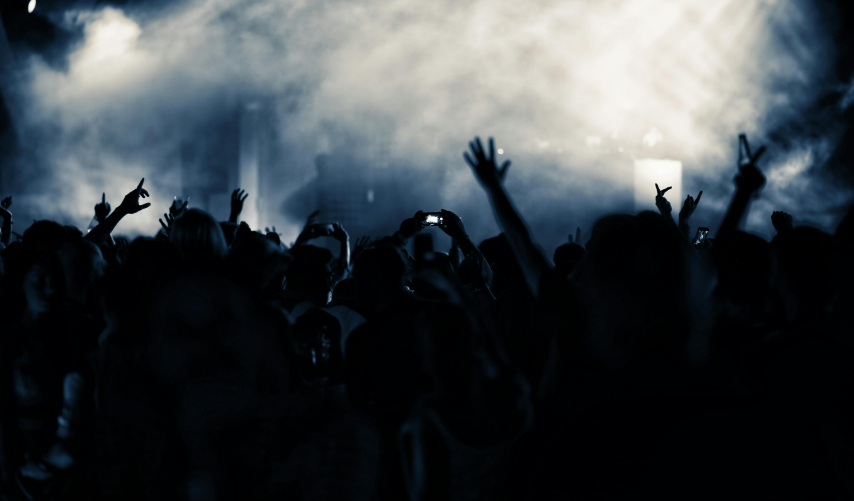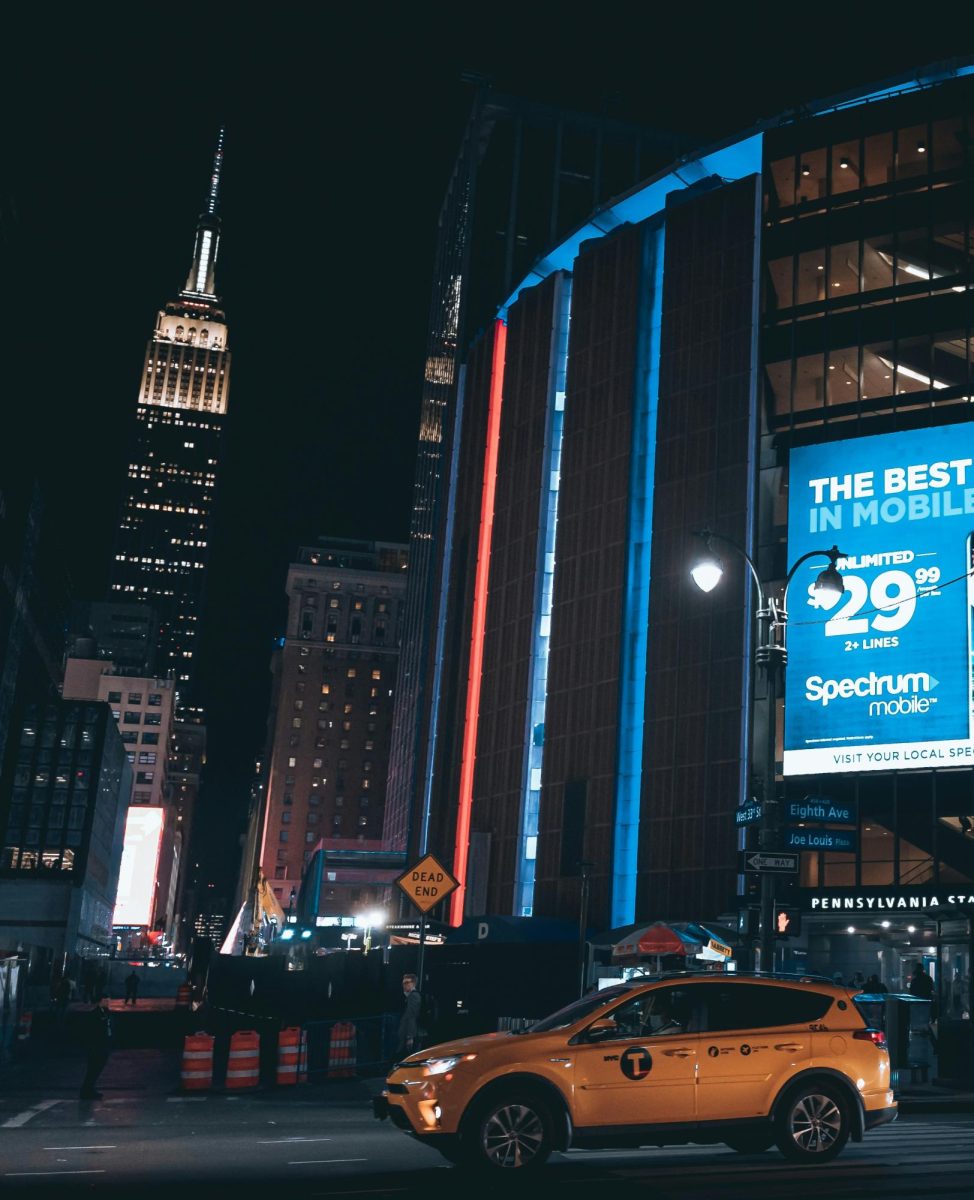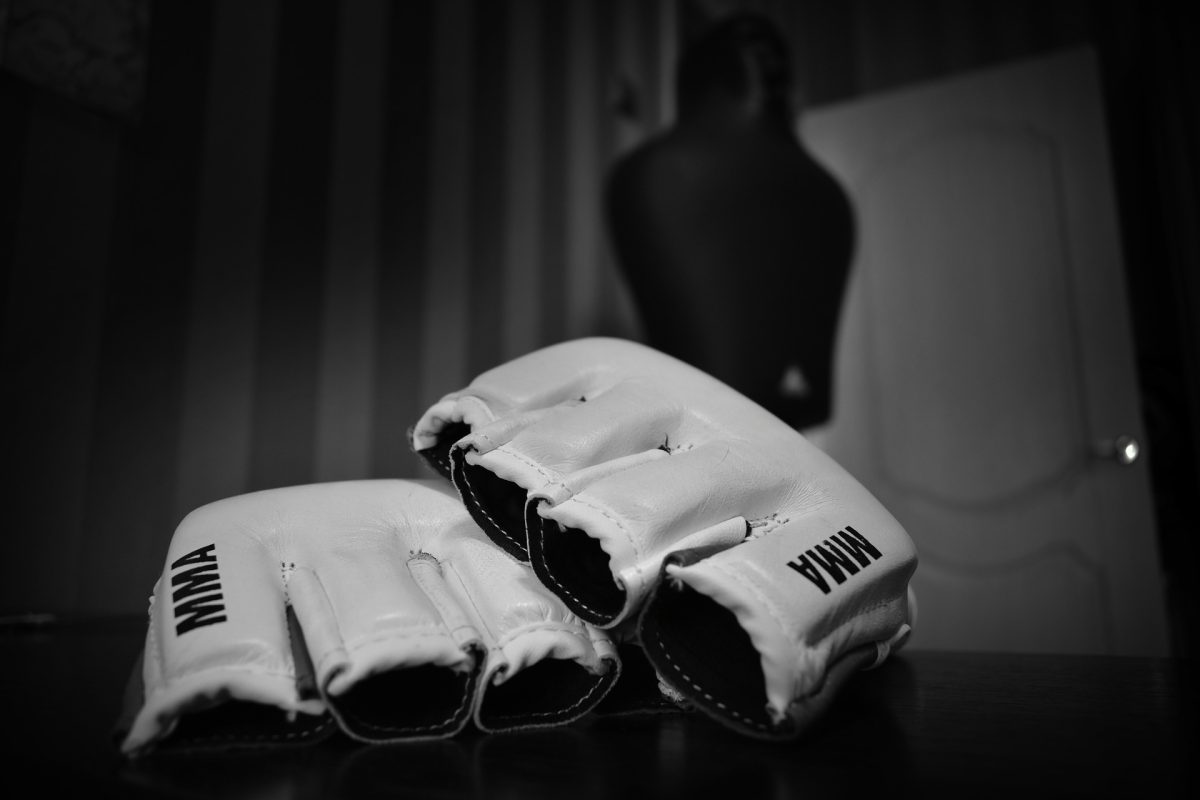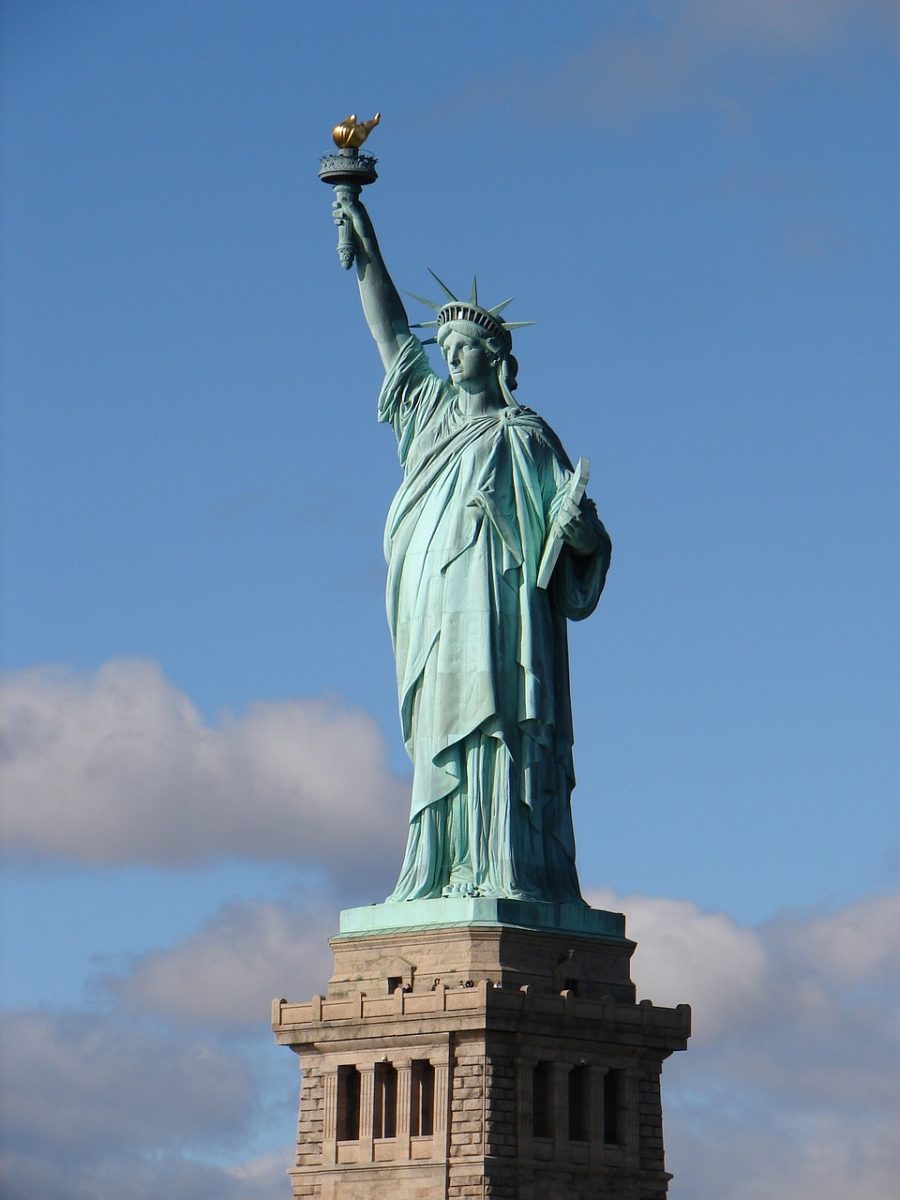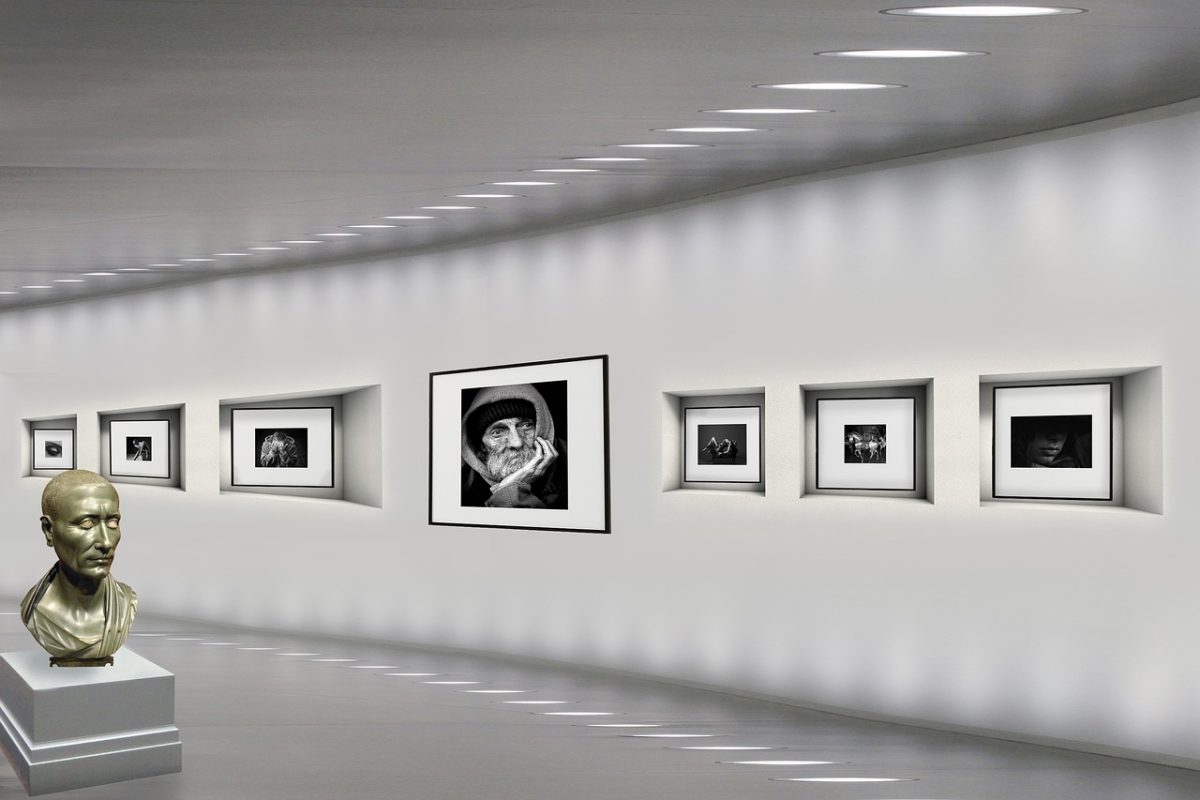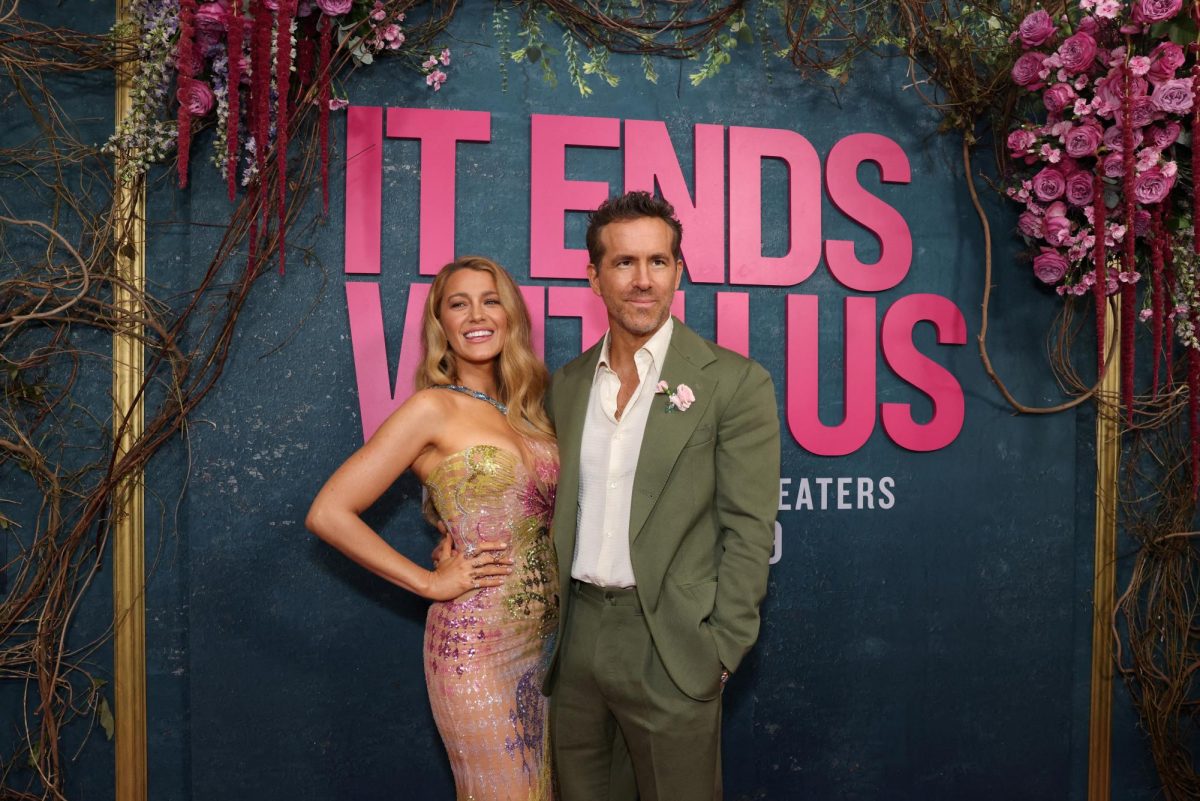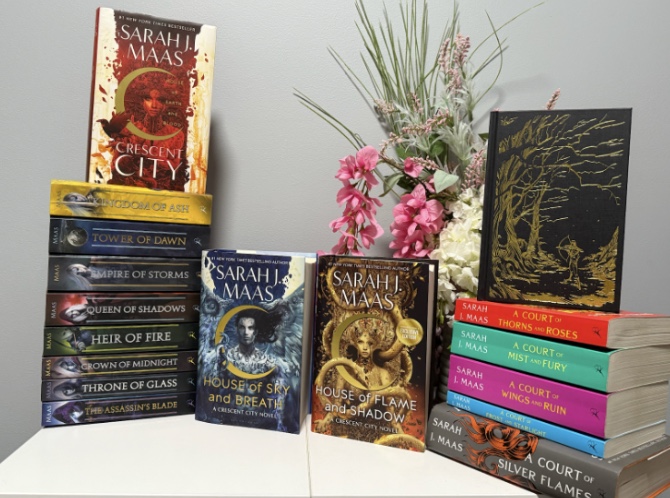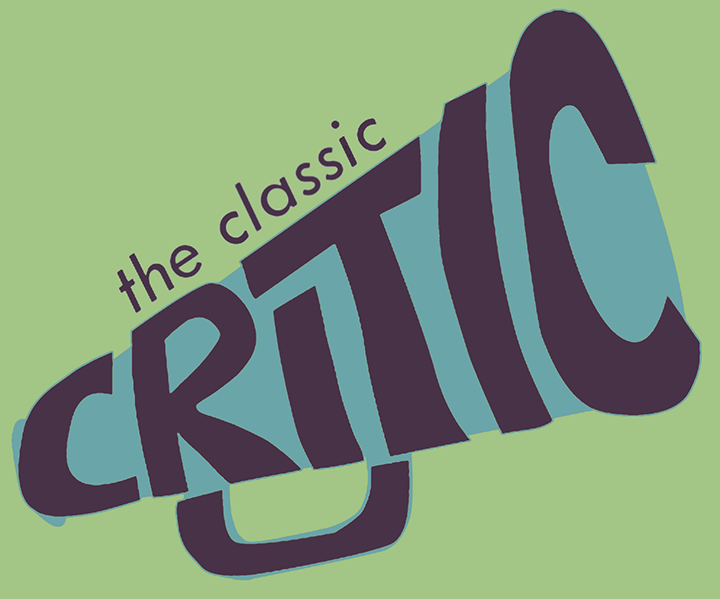Twisted take on Beau is Afraid
May 10, 2023
Rating: ⅗
Enduring three hours of unnerving and grotesque media is nothing out of the ordinary for a typical Ari Aster fan. With a gut-wrenching performance given by Joaquin Phoenix as the titular Beau, Beau is Afraid (2023) manages to disturb viewers on a physical and psychological level. While definitely not on par with Aster’s previous works, such as Hereditary (2018) and Midsommer (2019), Beau is Afraid still portrays more complex themes beyond the gore and shock typical of Aster. To really appreciate Beau is Afraid, it’s crucial that the film is truly dissected so one can fully understand the journey we take into Beau’s psyche, what it conveys, and what aspects of the film fail to impress.
Perhaps the most prominent, and maybe the only, overarching theme in Beau is Afraid, is the effects of a suppressive and abusive mother stunting the emotional growth of her child. The title of the movie is a statement that Beau is afraid. What is he afraid of? Everything. Beau exists in a constant state of anxiety, shown through scene after scene of disastrous encounters ranging from having his luggage stolen to being graphically stabbed.
Within the first twenty minutes, we are introduced to Beau in his small apartment in a neighborhood swarming with whom the movie depicts as mentally ill and violent homeless people. He cannot go outside without being chased or harmed. This is Beau’s perception of the world. He feels constantly on alert, like people and things are always out to get him. The consistent state of anxiety the movie evokes in the audience is how Beau feels himself.
While trying to catch a flight to see his mother, Beau gets his luggage stolen, has his home broken into, gets chased, and is almost killed. He expects the worst throughout the first chunk of the movie, and the worst always seems to happen. We see that Beau doesn’t know how to handle complex situations, and how to express himself, despite his age, he is completely helpless. This is where we start to see the influence of his mother on his life. When put in this initial situation, he reaches out to her for a solution she doesn’t provide. The plot of the film, in technicality, is about Beau’s journey to get to his mother’s funeral after she passes, following the chaotic events of the first few scenes. Despite the repeatedly absurd and hopeless situations he’s in, he frets over getting to his mother’s funeral above all else.
As Beau embarks on his own personal odyssey, there is some insight into why he has grown into a sort of man-child. Flashbacks to his early childhood reveal that Beau’s mother showed her love in an oppressive, overbearing way. She constantly reinforced the idea that he had no one else in his life to rely on except for her, and she prevented him from forming any other types of relationships. She enforced the idea that she is the only one he is allowed to love. Any questions about his absent father resulted in punishment. He was taught to be dependent. He was taught to be afraid.
Beau is Afraid does a fantastic job showing the relationship between Beau and his mother. However, that’s the only theme that seems to be consistent throughout the entire film. So consistent over those three hours that it gets almost repetitive. The film takes us through four different settings, each with an individual story provoking just as much anxiety as the last, but overall contributing nothing to the overall meaning of the film. For example, the first section of the movie acts as a commentary on homelessness, and how people subject those in poverty to unlivable conditions. While this is done well, it’s only done in the first section of the film and then never touched on again.
Another setting places Beau with a disturbed family in the suburbs. While this clearly acts as a commentary on traditional American society and the “American Dream,” it is once again never touched on. The themes of this movie are strong in fragments, but if you’re trying to piece together how each theme contributes to the overall message of the movie, don’t waste your time. All together, this made the entire experience of watching not only deeply disturbing, but incredibly confusing.
Shifting away from the flaws in plot coherency, Beau is Afraid is labeled as a dark comedy, although I found very little about the film funny. Ari Aster truly lives up to his reputation for making disturbing films, but he does it a little too well, as the film takes all the comedy out of situations. While the film attempts to be satirical through dialogue and characterization, the most satirical aspects were the absurdly nightmarish experiences Beau endures. Satire films have some aspects of humor to them, but we felt so horrible for Beau during the duration of the movie that any attempts for comedic relief ultimately flopped.
Overall, Beau is Afraid is an incredibly detailed and reflective piece of media. While the film is a struggle to piece together, it’s well done when being examined in sections. Still, it’s far from an enjoyable watch, as Beau is Afraid fails to connect with the audience due to a lack of humorous aspects. It does, however, offer a different experience for viewers, by invoking fear.



